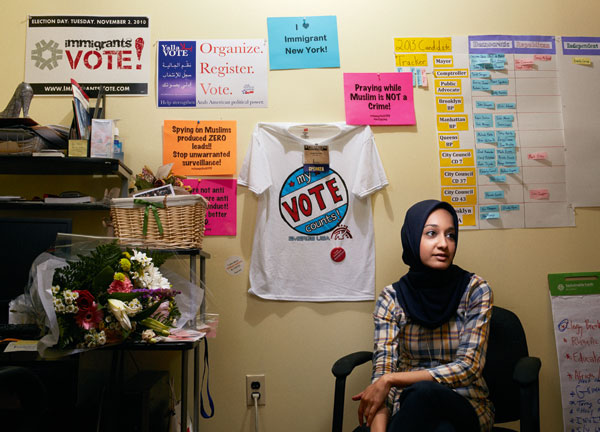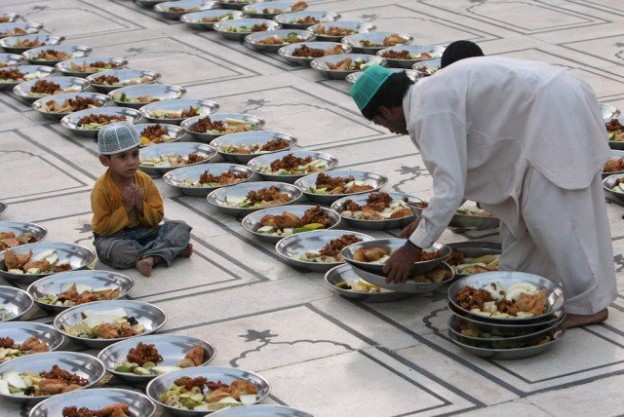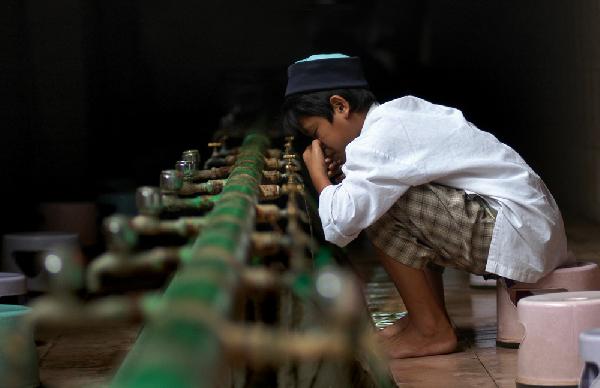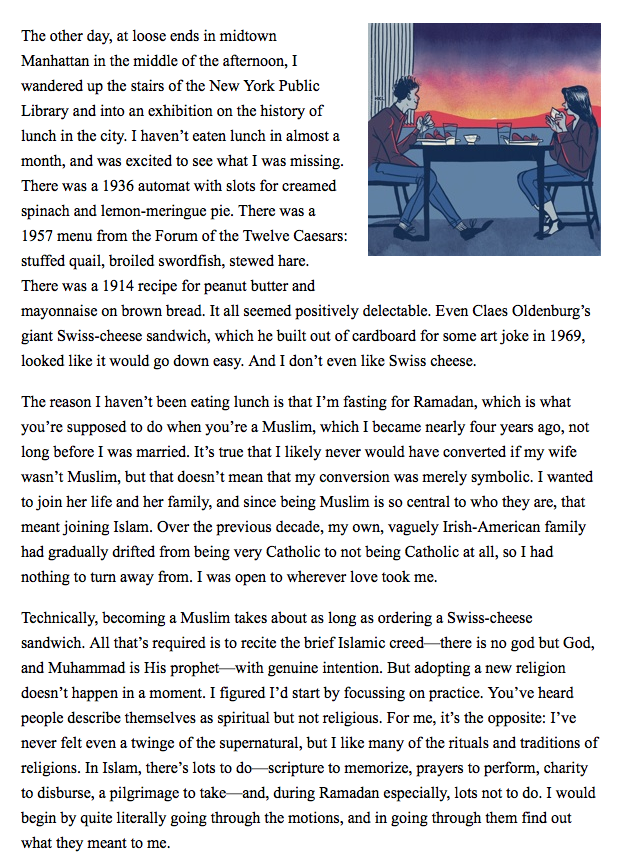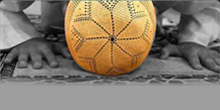Eating: A Timely Reminder
By Altaf Husain
Another year has passed. Starting this week, Muslims around the world will begin to observe the month of Ramadhaan. An article about eating may seem ironic. Why discuss overeating at a time when Muslims should be focusing on controlling their appetites as they prepare for a month of fasting?
Here are some things to look out for and some helpful hints for a more “healthy” Ramadhaan.
What To Look Out For?
All around the world, poverty-stricken Muslims and refugees are suffering, sometimes unable to provide even one full meal a week for their families. Despite the fact that many Muslim families face financial difficulties here in North America as well, a culture of culinary competition has apparently overtaken our community.
Given that, it may be wise for us to entertain the question, “Even if Allaah Subhaanahu wa Ta’aala has blessed some of us with wealth, is Ramadhaan really the time for increased lavishness in our eating?”
I have attended iftaars where the gracious hosts had spent a great deal of time and energy preparing no less than three different meat dishes like lamb, chicken, and fish. Add to this sumptuous offering deep fried appetizers, a salad, a rice dish, and two types of dairy-based desserts and you no longer have iftaar – what you really have is a feast. Arriving at the host’s house just in time for maghrib and trying to leave just in time to catch the Isha and Taraweeh prayers at the masjid leaves one little time to eat and relax a bit. Is partaking in a feast, with the temptation of overeating, really a proper prelude to a night of Taraweeh prayers?
For some unknown reason, people feel compelled to go overboard in preparing food for iftaar meals. If you are planning to host family and friends for iftaar, here are a few things to keep in mind. A well-balanced meal is more important than a meal that offers too much variety and takes way too much effort to prepare. This type of iftaar poses difficulties for the host as well as the guests.
Who Bears the Burden of Iftaar Preparations?
The family of the host, who no doubt are also fasting, must exert tremendous amounts of energy in preparing the iftaar meal. Because days are now much shorter, sometimes iftaar preparations start the previous night. Not to mention the time that must be spent shopping for ingredients such as the variety of meats and vegetables.
While some men may assist in the overall preparation of the iftaar, it is almost too common that the women of the household bear the ultimate burden.
Then, not only do the women become exhausted from the entire ordeal, but also they often must attend to children afterwards as the men folk go off to become spiritually enriched at the Masjid.
Should we then stop extending invitations for iftaar? Obviously not. But wouldn’t it be much better for everyone concerned if, instead of focusing on the eating part of the iftaar, we gave more attention to each other’s spiritual nourishment? This Ramadhaan, try inviting your family and friends for a simple, well-balanced meal. Prepare one meat or vegetable dish, one rice dish, a simple salad and serve some dates for dessert.
Weight Gain in Ramadhaan?
Believe it or not, even though we will be fasting in Ramadhaan, it is quite possible that we will end up gaining rather than losing weight. Two important things to look out for are overeating and a decrease in physical activity.
There seems to be a myth that we have to make up for not eating all day by eating a lot at suhoor or iftaar. And, being a college student, I realize that the Ramadhaan schedule is not always conducive to late-night studying – which is even more difficult after eating big meals and Taraweeh prayers.
It is also interesting to note that the consumption of fruit and vegetables goes down, and meat consumption goes up during Ramadhaan.
Unfortunately, many college students (and others) have taken to eating big meals after Taraweeh prayers, sometimes as late as midnight, instead of waking up in time for suhoor. Among college students particularly, there is also a greater tendency to increase the intake of processed and fast foods during Ramadhaan. Hunting campus for all-night drive-thru restaurants becomes all too common. Going to bed immediately after eating big meals poses potential health risks such as heartburn. Perhaps an even bigger risk is unnecessary weight gain.
In addition, physical activity seems to decrease during Ramadhaan. There is a misconception that perhaps our bodies cannot withstand physical activity because we are fasting. In reality, during a typical winter day when suhoor may end as late as 5:45 am and Maghrib comes in around 4:45 pm, it’s more like missing lunch than it is like fasting! Since we spend most of our days in climate-controlled environments, it is rare that we will burn off many of the calories that we took in the night before. It is recommended, particularly during Ramadhaan, that we make a concerted effort to set aside time for light exercising.
Plan Ahead For This Ramadhaan
We should take heed and avoid indulging in the preparation of lavish iftaars, overeating and eating late at night; we should increase our intake of vegetables and fruit; and we should set aside some time for light exercise.
Ramadhaan is an excellent opportunity to emerge with better health and stronger emaan. It is necessary, however, to plan today in order to have a better Ramadhaan experience!
_________________________
Altaf Husain MSW, LSW is a doctoral candidate in the Howard University School of Social Work, focusing on Muslim immigrant and refugee adaptation to the United States. He served one term as President of the Muslim Students Association of the US and Canada (MSA National). Currently he serves on the Board of Advisers of MSA National and is a team member of COMPASS, the MSA National Training Program.
– See more at: http://www.theislamicemailcircle.com/discover/eating-a-timey-reminder-during-ramadhan/#sthash.sbOEUdYP.dpuf
